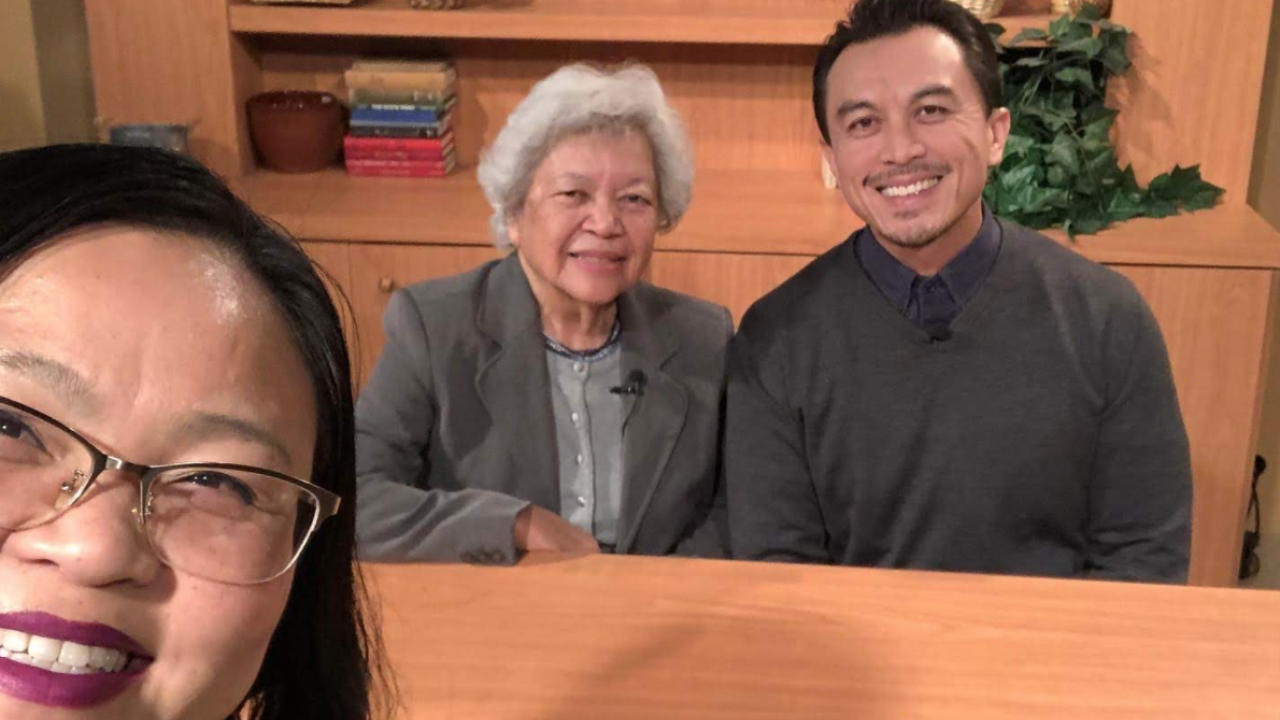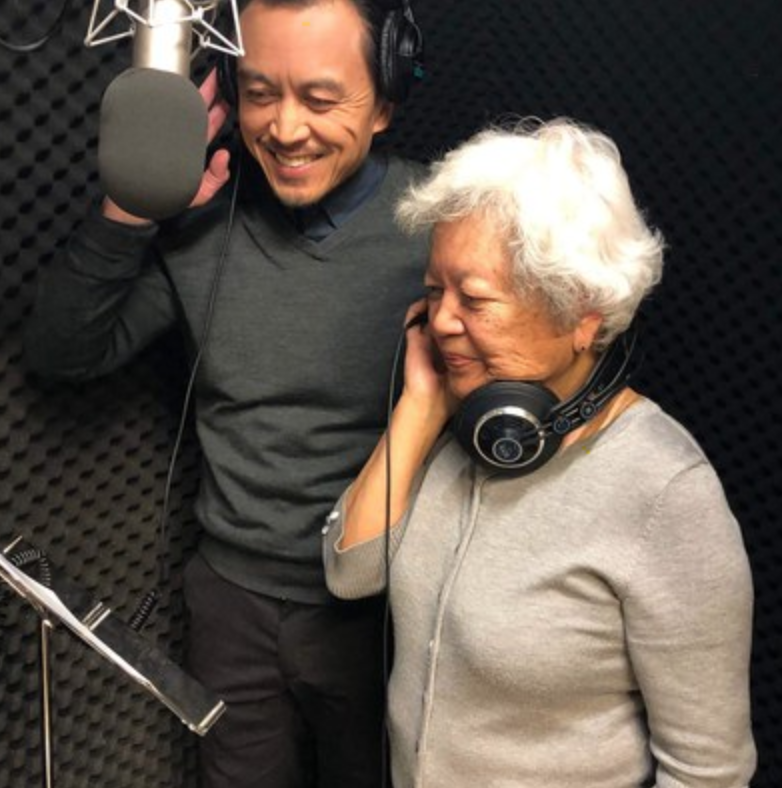
New Video Explores Filipino American Contributions to the Farm Labor Movement
 Filipino Americans started the Delano Grape Strike in 1965 that made Cesar Chavez famous. We rightfully celebrate his achievements as a state and national holiday every March 31. Whereas Cesar Chavez is a household name across America, lesser known are the brave farmworkers of many races and nationalities who sacrificed their livelihoods for the greater good of improved conditions in agricultural work. To this end, we are proud to announce the release of the instructional video “Filipino Americans and the Farm Labor Movement.” We had the honor of leading the creation of this video in partnership with the Sacramento County Office of Education our university and community partners, the Bulosan Center for Filipino Studies at the University of CA, Davis, the Filipino American Educators Association of California, and Pinay/Pinoy Educational Partnerships.
Filipino Americans started the Delano Grape Strike in 1965 that made Cesar Chavez famous. We rightfully celebrate his achievements as a state and national holiday every March 31. Whereas Cesar Chavez is a household name across America, lesser known are the brave farmworkers of many races and nationalities who sacrificed their livelihoods for the greater good of improved conditions in agricultural work. To this end, we are proud to announce the release of the instructional video “Filipino Americans and the Farm Labor Movement.” We had the honor of leading the creation of this video in partnership with the Sacramento County Office of Education our university and community partners, the Bulosan Center for Filipino Studies at the University of CA, Davis, the Filipino American Educators Association of California, and Pinay/Pinoy Educational Partnerships.
“Filipino Americans and the Farm Labor Movement” provides a brief overview of Filipino American contributions to the farm labor movement and its connections to California’s History-Social Science Framework. It highlights what and when this history can be taught, with some classroom examples from the 4th and 11th grades. Stay tuned for more. We’re authoring lesson plans to be published online during the upcoming school year.
Our video would not have been possible without a dedicated team representing the very best of the magic that can happen when academics, activists, classroom teachers, undergrad and graduate students, archivists, and community members work together. For this blog post, we asked to hear from the classroom teachers and the presenters directly. We wanted to know their motivations and aspirations. We asked why they participated, what they see as the next steps, and how teachers can get started on this content. Here’s what they shared:
Cynthia Bonta, Philippine National Day Association: "I am so very thankful to those who involved me in this project because of my direct and personal connection to this story. I was a volunteer at the Filipino Hiring Hall in 1965 during the Delano Grape Strike and again in LA for the UFW Grape Boycott. And, after I left the UFW, I went back to Berkeley and found myself involved in projects that developed K-12 multicultural curriculum, including Filipino American History and Culture. School Districts were left to develop their own curricula. Today, with the passage of AB 123 (authored by my son Assemblyman Rob Bonta), the story of a social justice movement led by Filipino and Mexican farmworkers can reach every student in California. Bringing out the leading role of Filipinos in this story is correcting an omission. By telling the whole story, the truth is told about the farmworker movement of the 1960s and ‘70s."

Artnelson Concordia, San Francisco Unified School District, Ethnic Studies Program: "As a long time educator, organizer and advocate of ethnic studies and Filipino-American history, it was an honor to participate in this video project. It is our collective responsibility to share this important part of the Filipino-American community's contribution to the labor movement and the fight for human rights and dignity for all working people. I believe education of the larger teaching community about the contribution of Filipino-Americans to California history is the first step. We need to then continue to develop more effective pedagogy so as to ensure that our young people not only learn the history, but are able to make connections to themselves and their peers, so as to build and strengthen our sense of community with each other. I would encourage teachers to take the resources provided in this video to learn about Filipino-American history as part and parcel of the larger story of the peoples and communities of this nation. I urge all educators to take this knowledge and make meaningful connections between themselves, their students, and the multiplicity of under-appreciated stories that make up the grand narrative of our society."
Jerome Matawaran, San Francisco Unified School District, Galileo High School Teacher: "I agreed to be a part of the writing team because of the experienced and intelligent scholars working on the team who I could learn and grow with. I also believe it is important to acknowledge and honor the achievements and contributions of often overlooked narratives in our collective memory of history.
The next step is to begin including Filipino American contributions to the Farm Labor Movement into our classrooms and to then link these narratives with those of other resistance and revolutionary movements of oppressed people throughout our country's history. The first steps to get started with this content is to become a student of it first and understand why these narratives may be important to students of color in our classrooms."
Pat Urbi, New Haven United School District, Guy Emanuele Elementary School, 4/5 Combination Class Teacher: "Here is a tool to make "History" relevant for your students. Primary sources included. Have fun!"
